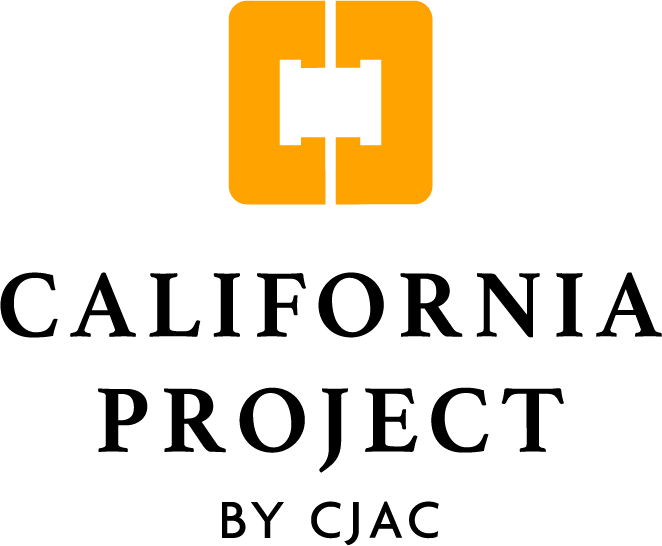AB 1264: A Legal Quagmire Masquerading as School Nutrition Reform
Daily Journal - July 3, 2025
Daily Journal published version posted here
By Kyla Christoffersen Powell
As California works to improve student nutrition and educational outcomes, legislation moving through Sacramento must be rooted in science, pragmatism and legal clarity. Assembly Bill 1264, authored by Assemblymember Jesse Gabriel, fails to meet those standards. It uses the language of nutrition reform to introduce vague, unscientific legal definitions that will invite costly litigation and cause real harm to school districts and students.
While well-intentioned, the bill’s practical impact would be far-reaching and harmful. School staples such as canned tomatoes, whole grain breads, low-fat yogurt, and even beans prepared with basic preservatives or stabilizers could be classified as “ultra processed.” These are not fast-food items or sugar-laden snacks. They are fruits, grains, and proteins that form the foundation of balanced, nutritious and affordable school meals. AB 1264 would put schools in the impossible position of eliminating wholesome and culturally relevant options based on vague legal standards rather than sound nutritional science.
These overly broad definitions do more than confuse — they create legal risk. School districts across the state are already being targeted with food-based lawsuits. Even when districts like Poway Unified and Los Angeles Unified ultimately prevailed, the legal costs were significant and continue to impact their budgets today. By embedding unclear and inflammatory terminology into statute, AB 1264 would invite even more legal challenges, forcing districts to divert precious resources away from classrooms and student meals just to defend themselves in court.
This redirection of funds comes at the worst possible time. Schools are still recovering from the effects of the pandemic, addressing staffing shortages, and working to close achievement gaps. Every dollar spent on litigation is a dollar not spent on student support — whether that’s fresh produce, instructional materials, or essential staff. AB 1264 would drain limited resources without producing measurable improvements in student health.
California law demands clarity and fairness in enforcement. Yet AB 1264’s undefined terms will leave school administrators confused and vulnerable to penalties, even when acting in good faith. Common ingredients like citric acid, mustard seed and vinegar — used safely in schools for decades — could flag a product as “ultra processed” under this bill. A definition that broad will cause massive consumer confusion while creating untold litigation exposure.
This legal morass is compounded by its conflict with established federal oversight. The U.S. Food and Drug Administration already reviews and approves food ingredients used in school settings. Instead of duplicating this system with vague and conflicting state standards, California should strengthen science-based reviews through the Department of Public Health. That approach would provide real protection for students without unnecessary legal exposure for schools.
Without meaningful revisions, AB 1264 threatens to do more harm than good. The bill’s broad and subjective definitions would capture many safe and nutritious meals, opening the door to costly litigation. Phrases like “particularly harmful” are legally provocative and would empower trial attorneys and advocacy groups to sue schools over foods that have been safely served for decades. For districts already grappling with aging infrastructure and understaffing, these lawsuits would be devastating.
The unintended consequences are clear: The legal fallout of implementing AB 1264 would almost certainly raise food costs, shrink menu variety, increase waste, and reduce access to reliable, nutritious meals. Ultimately, it is the students, particularly those in underserved communities, who would suffer the most.
California can and should lead in improving school nutrition. But that leadership must come through clear, science-based policies — not through ambiguous and punitive legislation that will prioritize dollars to cover litigation over learning. AB 1264 does not strike that balance.
Lawmakers should reject this measure and instead pursue thoughtful, targeted solutions that truly support schools and students. Our education system needs certainty, not confusion. Our children deserve real nutrition, not politically charged labels.
Kyla Christoffersen Powell is the president and CEO of the Civil Justice Association of California.


